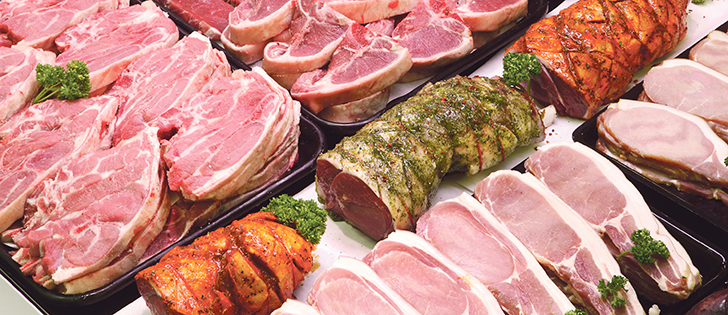Analysts have no clue how much the Brazilian meat scandal could affect Canadian meat exports or prices.
However, as some of Brazil’s main markets re-open their doors to the country’s beef and poultry, the direct physical dislocation of the country’s products might not be the biggest impact.
“We’ll have to figure out how deep it goes and how significant the damage is to their credibility,” said Tyler Fulton, hog market analyst for Hams Marketing.
“There’s a lot of moving parts.”
Read Also

VIDEO: Ag in Motion documentary launches second season
The second season of the the Western Producer’s documentary series about Ag in Motion launched Oct. 8.
Brazil’s massive exports of beef and chicken crashed to a halt when it was revealed that Brazilian police were investigating a number of meat plants for bribing meat inspectors to ignore tainted or otherwise unacceptable meat for export.
All of its biggest markets immediately blocked imports of Brazilian beef, but China, Chile and Egypt lifted their bans March 25, alleviating the risk of a massive pile-up of meat within the country.
However, the scandal could damage Brazil’s reputation for safety and quality, which could have indirect effects on Canada and overall North American meat production and exports.
It will likely be very indirect, some analysts say, because Brazilian beef generally fills lower-priced and lower-quality sections of the global meat market than does North American meat.
However, Brazil’s impact on the world market is profound, so the indirect effects could still be significant.
“They’re a huge player in the global market,” said Brian Perillat of Canfax, the beef market analytical firm.
Brazil is the world’s largest beef exporter and the world’s second largest beef producer. Its exports of chicken meat comprise about 40 percent of world trade.
Global importers might shy away from buying Brazilian meat if it suffers a lasting taint on its reputation, instead substituting North American or Australian beef.
North American buyers also might avoid importing Brazilian beef for some of the food products in which it is currently used, Perillat said.
Twenty-one Brazilian meat plants were under investigation as of March 27 in the police probe named Operation Weak Flesh.
However, 57 plants were not included in the investigation.
Export giants JBS and BRF are both implicated in the investigation but have denied knowledge of any improper practices. As well, each company had only one plant included in the probe.
Most of the suspected plants are operated by smaller companies. Only about three dozen agriculture ministry inspectors are said to be targeted.


















